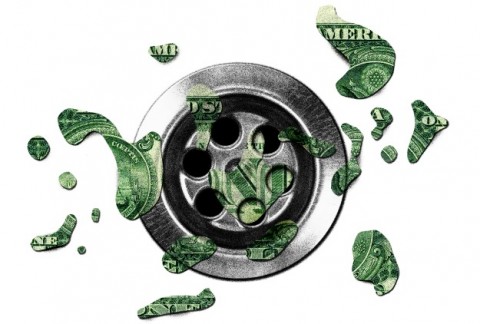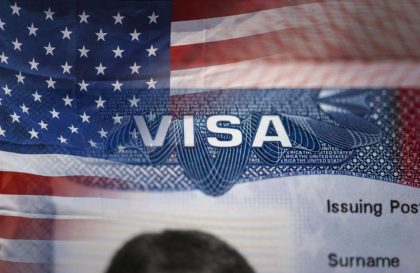America’s status as the world’s banker has shielded it from harsh economic realities for more than half a century. Not anymore. Fan Gang, Foring Policy
 The honor of printing the world’s reserve currency did not come accidentally, or easily, to the United States; the dollar’s post-World War II ascent to global primacy would not have happened had America not demonstrated the unrivaled economic, military, and technological power to back it up. But being the world’s banker comes with benefits as well as obligations – and first among them is that the whole world wants to make sure you don’t default on your debt. If you are in a position to repay your obligations by just printing more money, you might never default.
The honor of printing the world’s reserve currency did not come accidentally, or easily, to the United States; the dollar’s post-World War II ascent to global primacy would not have happened had America not demonstrated the unrivaled economic, military, and technological power to back it up. But being the world’s banker comes with benefits as well as obligations – and first among them is that the whole world wants to make sure you don’t default on your debt. If you are in a position to repay your obligations by just printing more money, you might never default.
What is a blessing in the short run, however, could turn out to be a curse in the long run. A country that controls the international currency runs less financial risk when it borrows, but is thus likely to be less alert to the risk of financial bubbles. Costs can be underestimated, and problems undiscovered, for a long time. The United States is now learning this lesson in a very big way.
For many countries, such as Argentina and Vietnam, a budget deficit of more than 3 percent of GDP or a 5 percent current account deficit has been enough to plunge them into a financial crisis. The United States, by contrast, maintained about the same figures on its balance sheet for a decade while enjoying a period of economic expansion. The result was overconfidence and a flawed vision of limitless potential growth, as if Americans could keep spending without saving to no one’s detriment. Some economists even claimed this was a result of the „super-efficiency“ of the U.S. economy.
You can see the logical consequences of this illusion in today’s overleveraged, debt-plagued U.S. economy, the major cause of both the 2008 global financial crisis and the current concerns over U.S. government debt. The lesson is clear: The United States may enjoy a greater line of credit than everyone else in exchange for providing the dollar, but even the most forgiving balance sheet in the world has its limits. America’s long experiment with ballooning debt and an ever-expanding financial sector has left the country with other problems, too. Wall Street’s disproportionate size in comparison with „real“ sectors of the U.S. economy such as manufacturing has resulted in deteriorating industrial competitiveness, growing trade deficits, and unemployment.
We cannot and should not attribute all of America’s current problems to the dollar’s special status and the illusions that come with it. But without it, we cannot explain why the United States did not make the hard economic choices that less-privileged countries would have had to make, and long ago. Today, even the world’s banker can’t put off the reckoning any longer.






